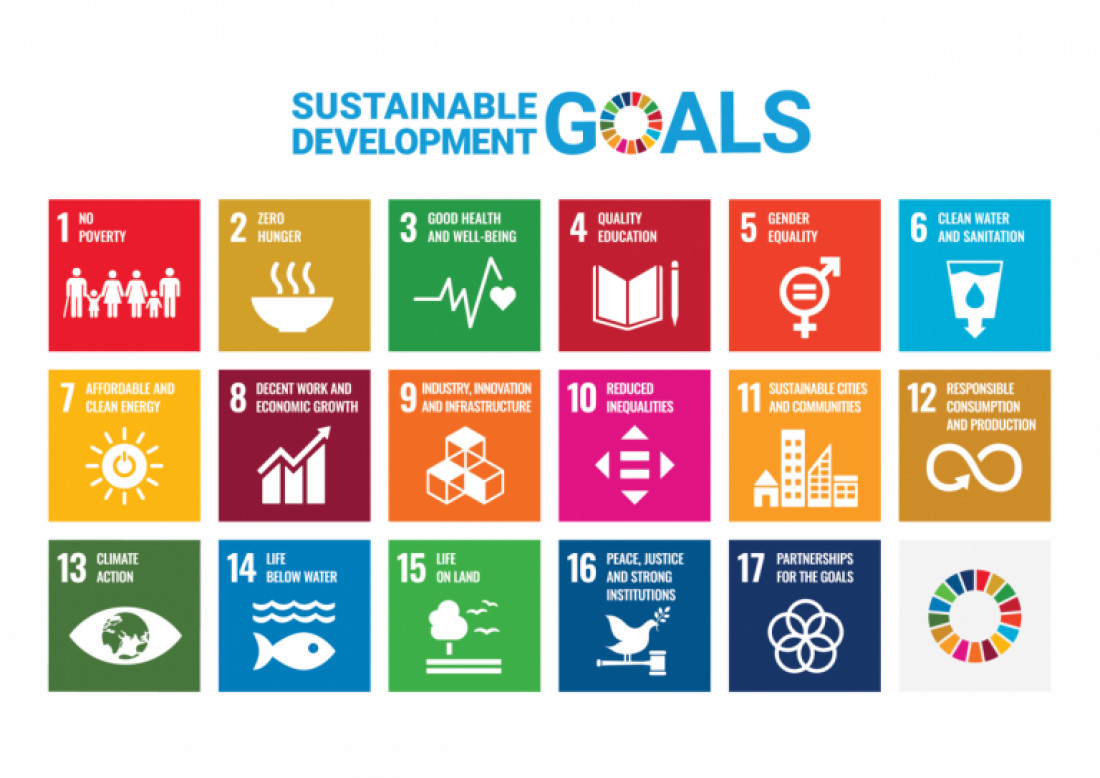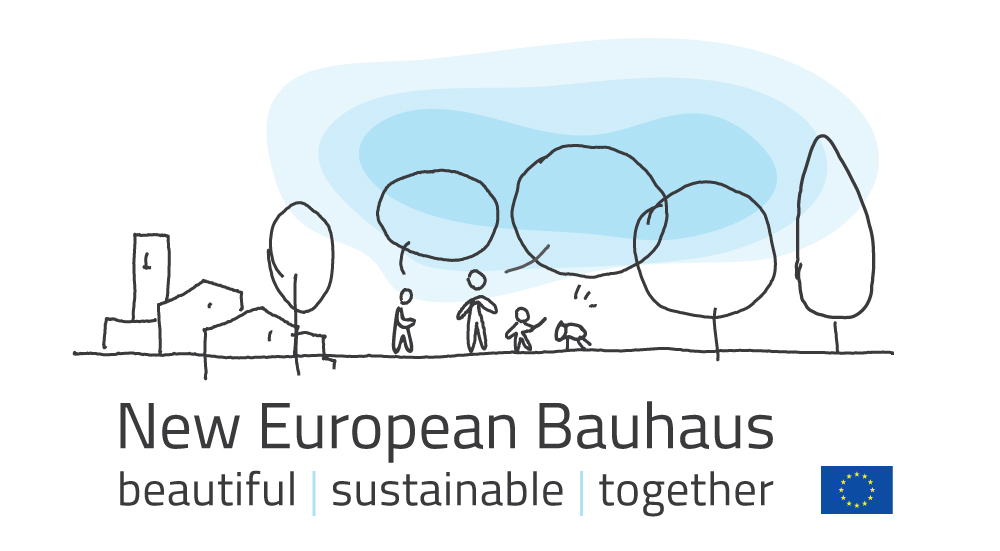Goals of the European City of Science Katowice 2024
Main idea
Without science we will not change the quality and way of life in Silesia. This belief is not new. Contrary to what is often said about Silesia and its confinement within the industrial civilisation model, two major transformation leaps happened here during the last half-century: the establishment of two major medical centres in Katowice and Zabrze and the spectacular development of culture. It is time for the third leap.
Scientific centres have existed in Silesia since the interwar period, but now the time has come to treat science as a priority. Especially that the universities in our region are developing fast and should be regarded as the key civilisational capital of the Silesian Voivodeship.
Science and education may be a new industry of the region. Civilisational transformation does not mean breaking with the unique identity of Silesia and Zagłębie Dąbrowskie, which originated thanks to the great industrial heritage of the region. On the contrary, high technical culture, the inhabitants dealing with advanced technology and work organisation for centuries, primacy of competencies and diligence in the assessment of a human being, and the resulting tolerance, provide great support in building the culture of innovation and smart industries: here, in Silesia, more than anywhere else. And just like centuries ago, in the near future the new science and education industry will support and attract the employees and inhabitants from different parts of Poland and the world.
General purpose:
Regional transformation
based on modern education and innovations
key goals"
Science as the new industry of the region
Science as the fundamental tool for social, ecological and digital transformation tool
Creating jobs of the future - science as a tool for professional transformation
Citizen science and social bank of knowledge as the fundamental dialogue instruments
Importantly, science and education are the repayment of a debt incurred towards many generations of inhabitants in our region, affected by health-deteriorating jobs, ecological destruction of the environment, wasteful exploitation of mining resources as well as social problems typical for industrial areas.
General purpose:
Transformation of the city and region based on modern education and innovations
Key goals:
- Science as the new industry of the region
- Science as a fundamental tool for social, ecological and digital transformation
- Building competencies in the field of science use in the region
- Creating jobs of the future – science as a tool for professional transformation
- Promotion of local research achievements and pursuit for their wide practical application
- Integration of environments and cooperation between: universities, city/metropolis/region/voivodeship authorities, institutions, inhabitants, and business
- Development and transformation of the city infrastructure into a democratic, friendly-for-all space
- Implementation of the City of Science concept — transformation of the city space where public universities from Katowice are located into a network system of intense merger of science and academic culture with the urban tissue (both programme/strategy and investment)
- Citizen science and social knowledge bank as the fundamental dialogue instruments
- Implementation of the European Commission demands and strategies towards the natural environment
Local goal:
restoration of a part of the Rawa river and its banks and making it a place of leisure as well as scientific and social experiments
Key questions:
- How can science respond to key transformation challenges?
- How can the city, metropolis and region change thanks to science and higher education?
- How can every inhabitant of the city/metropolis/region benefit from science?
Foundations of the program
European City of Science programme of events
50 Ideas for the City of Science; Youth in the City of Science Programme; European City of Science 2024 Special Events Programme; Programme of strategic urban, regional and academic events; Educational programme
[2023-2024]
Scientific excellence and EuroScience Open Forum conference (ESOF 2024)
Science for Silesia Programme; International, domestic and regional research cooperation; Joint scientific potential of Katowice; Organization of ESOF 2024 conference;
[2024]
Infrastructure of the City of Science
Network Science Center; Green Science Zone; Rawa River Laboratory; University investments
[2023-2030, legacy project]
Guidelines for designing EMN tasks:
- Application of the principle: think globally, act locally.
- Accessibility (architectural, language, financial, technological, care for inclusion and equality aspects)
- Equality (popular science language, common access, common communication)
- Sustainable development (using and creating resources in a way that takes into account environmental impact)
- European dimension (international promotion, participation of foreign audiences and guests, translation of materials, cooperation with foreign scientific centres, participation/creation of international cooperation networks)
- Interdisciplinary character
- Pro-activeness and openness in dealing with problems (e.g. leading discussions on problems and challenges, seeking dialogue, seeking solutions through public and expert consultation)
- Comprehensive, widespread, and clear contact with science
- Responsible and purposeful design of tasks/events/projects (e.g. by planning and determining how the proposed task will influence the transformation of the region, ecological devastation)
European strategic guidelines:
- Implementation of Horizon Europe programme for 2023-2024 – increasing participation and strengthening the European Research Space (Horizon – WIDERA)
- Implementation of 6 European Commission priorities for 2019-2024 and implementation of the European Commission Strategies research and innovation strategy for 2020-2024:
- Environment and climate / European Green Deal
- Our digital future / A Europe fit for the digital age
- Jobs and the economy / An economy that works for people
- Protecting citizens and values / A stronger Europe in the world
- Europe in the world / A new push for European democracy
- Democracy and rights / A new push for European democracy
- Implementation of the New European Bauhaus (NEB) concept based on three values:
- sustainable development (from climate targets to circular economy, zero pollution, and biodiversity),
- aesthetics (including experience quality and style),
- integration (including diversity, equality for all, accessibility and affordability). Green Science Zone as a laboratory of the New European Bauhaus.
- Implementation of the European Commission’s Biodiversity Strategy for 2030 called ‘Bringing nature back into our lives’.
- Implementation of the UN Sustainable Development Goals for 2030.
Target groups:
- residents of the region by group (programmes for children, schools, adults, seniors, families),
- tourists and foreign audiences of major events (scale: region-country-Europe-world),
- the academic community (a programme for each group in the academic community),
- regional, national, and international bodies from the world of science, culture, art, and science communication establishing cooperation with the Academic Consortium Katowice City of Science and the City of Katowice,
- the business and economic environment,
- opinion leaders and media,
- public institutions and non-profit entities,
- fauna and flora.
Opportunities - Local:
- stimulating interest in science and technology among the inhabitants,
- actively including scientific institutions in creating strategies for the development of cities,
- enhancing trust of inhabitants in science through interaction, dialogue and cooperation in forming a broadly understood civic society,
- increasing the involvement of inhabitants and scientific circles in solving local, regional and nationwide problems,
- attracting scientists, politicians, businessmen and media representatives from around the world.
Opportunities - Nationwide:
- integrating the academic, educational and economic circles,
- increasing the tourist attractiveness of the Silesian Voivodeship,
- improving the university’s impact on the region’s transformation.
Opportunities - European:
- increasing participation of the regional universities in European research,
- enriching the diversity of the European research landscape,
- entering the permanent circulation of European science and education,
- undertaking common research problems important for multiple scientific circles in Europe,
- increasing the visibility of Silesian universities as well as science and research activities on the international arena,
- creating conditions for personal cooperation between European researchers.

